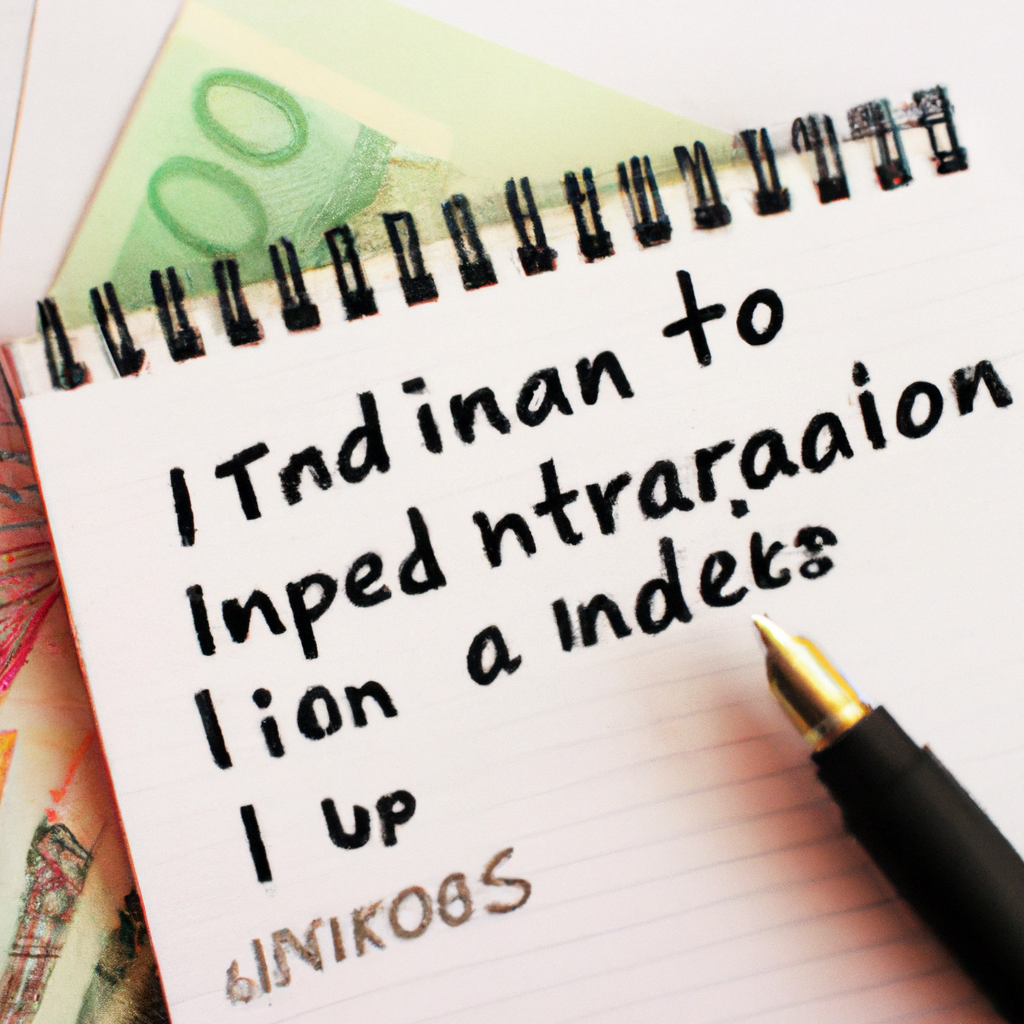Tips for Investing in International Markets
Introduction
Investing in international markets can be an excellent way to diversify your portfolio and potentially achieve higher returns. However, it also comes with its own set of challenges and risks. In this article, we will explore some valuable tips to consider when investing in international markets.
Do Your Research
Before diving into international markets, it is crucial to conduct thorough research. Familiarize yourself with the economic and political landscape of the countries you are interested in investing in. Understand their regulatory environment, tax laws, and any specific risks associated with those markets. This knowledge will help you make informed investment decisions.
Understand Currency Risks
Investing in international markets means dealing with different currencies. Currency fluctuations can significantly impact your investment returns. Make sure you understand the potential risks and how to manage them. Consider hedging strategies or diversifying your investments across different currencies to mitigate currency risk.
Consider Exchange-Traded Funds (ETFs)
Exchange-Traded Funds (ETFs) can be an excellent vehicle for investing in international markets. They offer diversification across multiple companies and countries, reducing the risk associated with individual stocks. ETFs also provide liquidity, making it easier to buy and sell shares. Look for ETFs that focus on the specific regions or countries you are interested in.
Partner with Local Experts
Investing in international markets can be complex, especially if you are unfamiliar with the local market dynamics. Consider partnering with local experts or financial advisors who have experience in those markets. They can provide valuable insights and help you navigate through any cultural or regulatory barriers.
Diversify Your Portfolio
Diversification is a fundamental principle of investing, and it becomes even more critical when investing internationally. Spread your investments across different countries, industries, and asset classes. This approach helps reduce the impact of any adverse events in a particular market or sector on your overall portfolio.
Stay Updated with Global News
Keeping yourself updated with global news and events is essential when investing in international markets. Stay informed about economic indicators, political developments, and any other factors that may impact the markets you are invested in. This knowledge will help you make timely investment decisions and adjust your portfolio as needed.
Monitor Currency Exchange Rates
Currency exchange rates can have a significant impact on your international investments. Regularly monitor exchange rates to identify any trends or potential opportunities. Consider using tools or apps that provide real-time exchange rate information. This vigilance will help you make informed decisions regarding currency conversions and potential investment adjustments.
Conclusion
Investing in international markets can offer exciting opportunities for growth and diversification. However, it is crucial to approach it with caution and thorough research. By understanding the risks, partnering with experts, and diversifying your portfolio, you can navigate the complexities of international investing and potentially reap the benefits of global markets.



